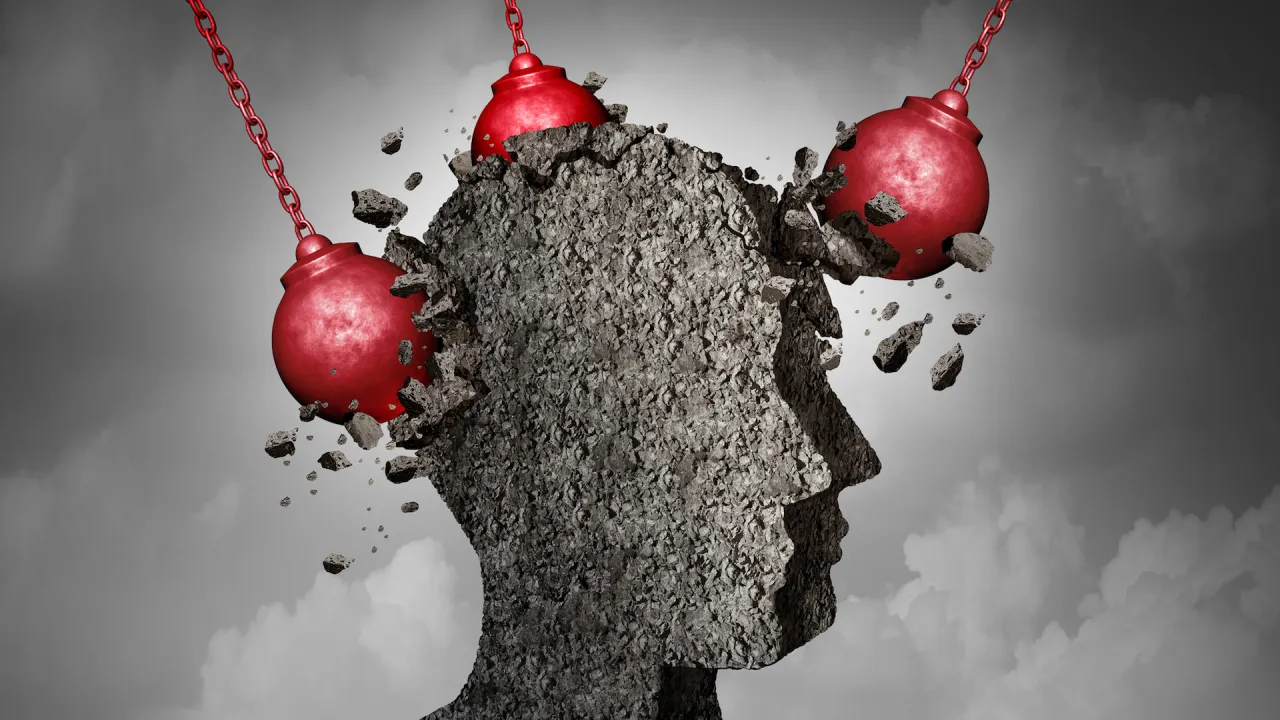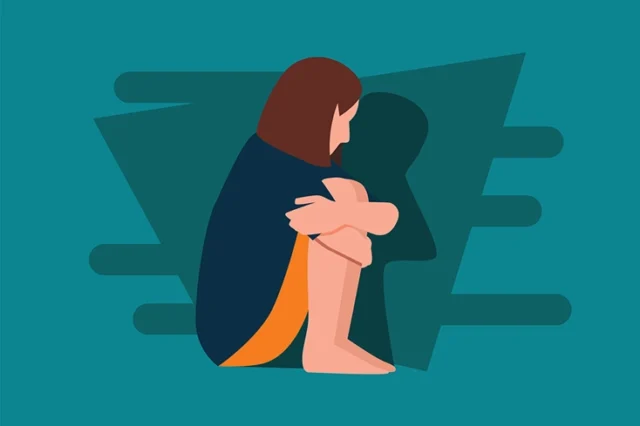
Life tends to come at us fast and it is not really possible to expect everything that is going to happen to you. This is particularly true for events that are in some way, shape, or form bad for us. Situations like accidents, disasters, and any other mishaps that are generally considered stressful can result in injuries and disorders that are very difficult to deal with. Collectively, these are usually referred to as traumas. Trauma is a broad term and there is a lot it encompasses.

About Trauma
The American Psychological Association (APA) has defined trauma as some emotional or psychological response to a horrific event. Such events vary in severity and type with the most common and troublesome including a case of raping or other sexual harrassment, an accident, the death of someone very close to you, or a natural disaster. Trauma can also be a term used for physical injuries meaning it is not only reserved for emotional and psychological stress. However, when somebody says it out of context, it is usually implied that it is not physical.
The events that cause trauma can be deeply disturbing and distressing, which tends to be the cause of psychological or physical issues that can last years, or even a lifetime. If not checked and left untreated, it is very difficult to get one’s life back on track.
As a result of these terrible events, a person can be in a situation of great shock. These psychological harms can also cause grief where the person suffering feels sad, overly emotional, and lacks control of most of their emotions. Apart from that, some individuals can experience unforeseen breakdowns that seemingly come out of nowhere, flashbacks to the disturbing event, or can experience some symptoms that are physical. Nightmares about similar events are another common response which results in sleepless nights and a bad quality of sleeping.
All in all, there are 3 main types of trauma worth knowing about. They differ in what causes them and how they are manifested. We discuss each of them in greater detail in the following paragraphs.

Acute Trauma
This kind of trauma is caused by a single traumatic event. The events are usually very distressing and dangerous for the patient’s mental health and are not universal for everyone. The person’s physical as well as emotional security is threatened by the event and they can respond in different ways. A long-lasting impression is created by this horrific event which is the main cause behind the trauma that comes. The effect is so severe that a person’s thinking ability is altered for good, or at least until treated.
Their behavior is usually what is affected particularly in similar situations or any other scenario in which they may relive the traumatic event. The symptoms of acute trauma include panic, anxiety, irritation, lack of trust, grief, feelings of guilt, confusion, insomnia, and/or aggression towards others. If you see these symptoms in someone close to you, you may suggest trauma counseling. Do not hesitate to act because they will probably not do it all on their own. Trauma patients often require support to begin and continue their counseling therapies.

Chronic Trauma
Chronic Trauma is a result of a series of highly depressing and stressful events that can be connected but do not have to be. Long-term sexual abuse is one example, with another being some serious illness like cancer or any deadly disease for that matter. Many other things can be the cause of chronic trauma especially when things seem to be happening one after the other. Enough small events in quick succession or over a certain period can result in chronic trauma too. Bullying is also one of the reasons behind this kind of trauma, one that can start in childhood and last for decades.
The dangers of trauma not being treated are best seen in the fact that acute trauma can develop into chronic trauma if not taken care of properly and on time. The events that caused acute trauma, if repeated, can develop into chronic trauma. In addition, other traumatic events can build upon each other resulting in chronic problems that never go away.
The symptoms of chronic trauma do not appear earlier than some years after the event takes place. Once they do start manifesting, the symptoms can be nausea, body aches in some cases, fatigue, extreme anxiety, emotional outbursts, and flashbacks. The affected person usually has trust issues which result in unhealthy relationships as they tend to struggle to get a stable job or find a partner.

Complex Trauma
In the end, complex trauma is usually a product of long exposure to disturbing events that happen at a young age. Most of the time, children and young adults are the victims of this culprit. When a child is not protected and taken care of by their parents as they should be, they get hurt by it and because of it. This usually comes as bullying and can have a long-term effect on their mental health and life in general. In some cases, parents are the ones suffering from a traumatic event that can then have a negative effect on their children’s mental health. For more on child trauma, make sure to check out https://balanceluxuryrehab.com/therapies/childhood-trauma-therapies/.
In conclusion, it is important to always take care of yourself and those around you so that we all live in peace. Everyone deserves the help they need whatever it may be. In this case, it is the right type and the right amount of support for the one suffering from mental trauma.
We must remember that people who have suffered from trauma or a traumatic event tend to have a hard time moving with their lives. They are not the same anymore despite everyone around them, including themselves, wanting them to be their true self. When symptoms like these do not seem to go away, they tend to haunt the patient on a daily basis. This makes the trauma a mental health issue. This mental health condition is well-known and it is called Post Traumatic Stress Disorder or PTSD.
Trauma, be it of any kind, lives with us forever, so stay away from the events and actions that can develop a mental breakdown for somebody. More importantly, help the loved one who is already suffering from something like this if you really care about them.









